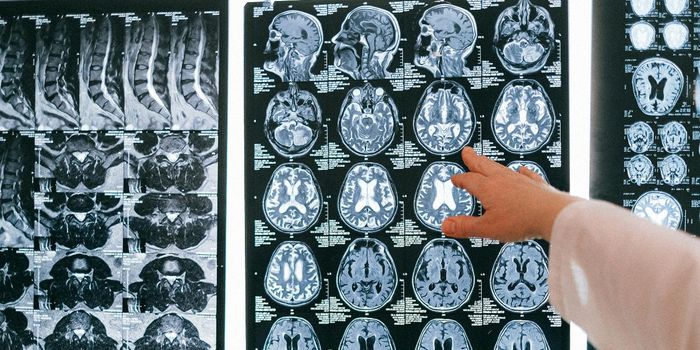US Adults Consume a Meal's Worth of Calories in Snacks Every Day
New research published in PLOS Global Public Health has shown that American adults consume about a quarter of their daily calories and about a third of their daily added sugar through snacking.
The study included over 23,700 participants over the age of 30 who participated in the National Health and Nutrition Examination Survey (NHANES) between 2005 and 2016. In the survey, participants completed a 24-hour dietary recall section in which they listed everything they ate and when they ate it during the previous 24 hours. Participants were also grouped by glucose control into non-diabetics, those with pre-diabetes, those with controlled diabetes, and those with poorly controlled diabetes. Types of snacks and percentage of total calories consumed via snacks were measured in each group and in the sample as a whole.
The results showed that snacking accounted for 19.5%–22.4% of total energy intake in the entire survey population. Snacks also tended to contribute little nutritional quality compared to meals. The most common snacks in order from most to least common were classic snack foods high in fats and carbohydrates (such as potato chips), sweets, alcoholic beverages, non-alcoholic beverages, protein, dairy, fruits, grains, and vegetables. Stratified by glucose control, people with diabetes tended to have healthier snacking habits than people without diabetes.
The authors noted that a 24-hour capture of eating patterns does not necessarily reflect how an individual usually eats, but it can give a good snapshot over a large number of people. The fact that people with diabetes tended to have healthier snacking habits indicated that they may have benefitted from education on nutrition. However, the authors emphasized that basic dietary education, such as knowing to cut back on added sugar and carbohydrates, is not enough by itself. Unhealthy foods need to be replaced with healthier foods that can fill nutritional gaps. Nutrition, along with other lifestyle elements such as sleep and physical fitness, is a key component of improving and maintaining cardiovascular health.
Sources: PLOS Global Public Health, Science Daily








